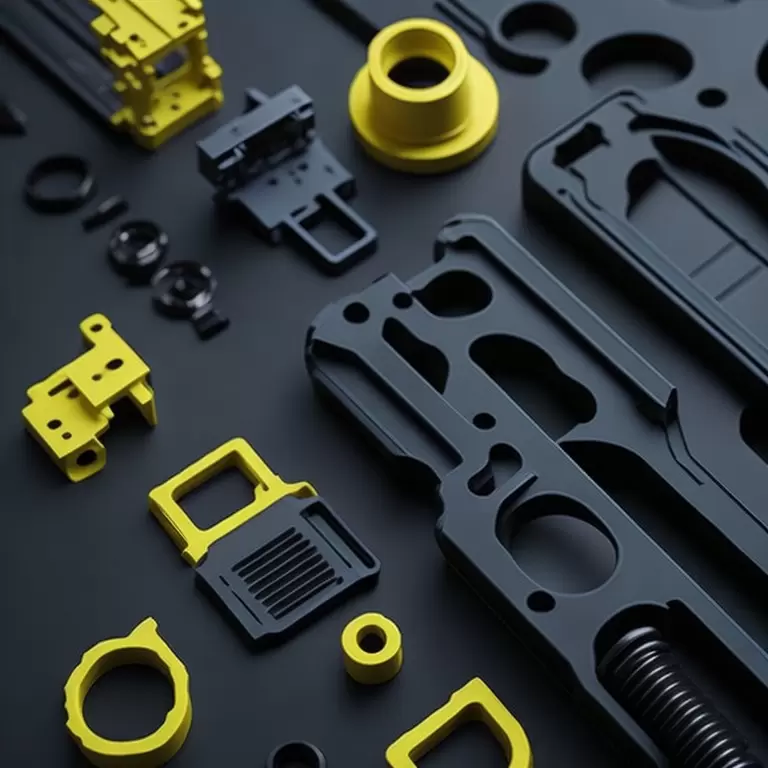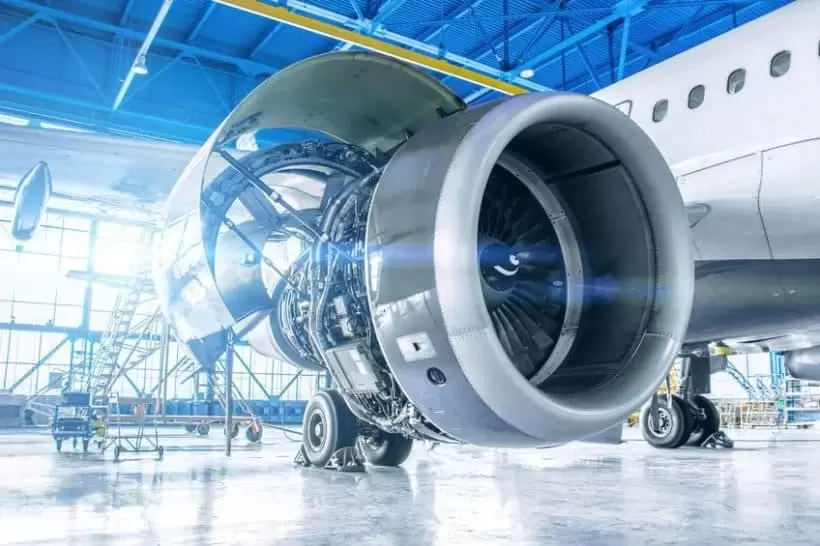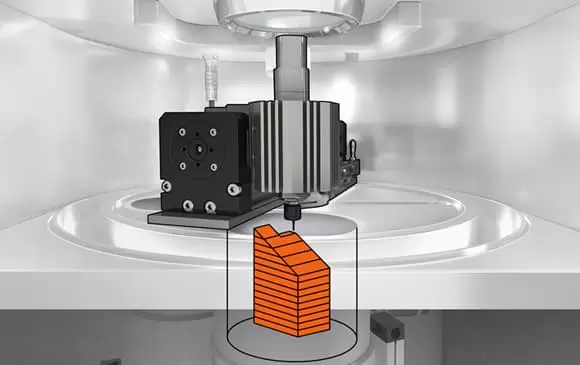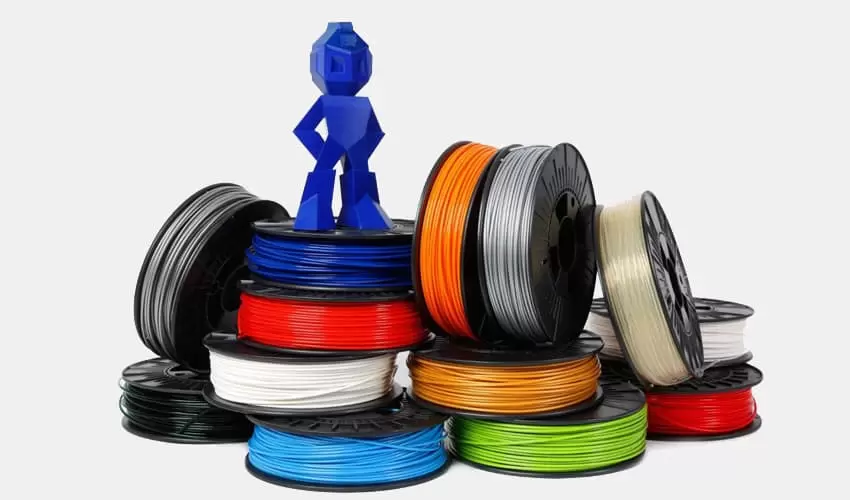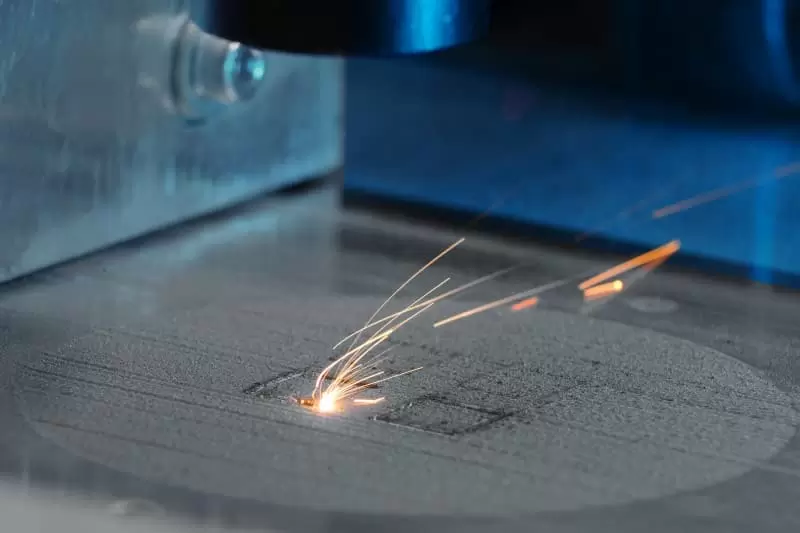Table of Contents:
- Introduction to Plastic Injection Molding
- Plastic Injection Molding Services: Processes and Techniques
- Advantages of Plastic Injection Molding Services
- Applications of Plastic Injection Molding Services
- Quality Control in Plastic Injection Molding Services
- Choosing a Plastic Injection Molding Service
- Challenges in Plastic Injection Molding
- Future of Plastic Injection Molding Services
- Conclusion
-
1. Introduction to Plastic Injection Molding:
Plastic injection molding is a manufacturing process that enables the production of plastic parts in large volumes. Among various plastic manufacturing processes, injection molding is highly versatile, efficient, and cost-effective when producing complex-shaped parts in large quantities. This article provides a comprehensive guide to plastic injection molding services, including processes, techniques, advantages, applications, quality control, challenges, and the future of plastic injection molding services.
Definition of Plastic Injection Molding:
Plastic injection molding is a manufacturing process that involves injecting molten plastic material into a mold cavity to produce a wide range of practical and decorative plastic components.
Importance of Plastic Injection Molding Services:
Plastic injection molding significantly improves productivity, accuracy and decreases production costs. The process allows for the production of high-quality plastic components of different shapes and sizes, making it essential in various industries.
-
2. Plastic Injection Molding Services: Processes and Techniques:
Injection Molding Machines:
The injection molding machine performs the entire process, from melting the plastic material to injecting it into the mold cavity. Modern injection molding machines are highly efficient, and they can produce small and large volumes of plastic components accurately and quickly.
Mold Design:
The mold design process involves creating a prototype of the plastic component and designing a mold around it. Mold design determines the quality, accuracy, and speed of the production process.
Plastic Material Selection:
The selection of plastic materials depends on the desired properties of the final product. Criteria such as durability, flexibility, chemical resistance, and temperature resistance must be considered when selecting plastic materials for injection molding.
Injection Molding Process:
The injection molding process involves four steps: clamping, injection, dwelling, and ejection. The process utilizes high pressure to inject the molten plastic material into the mold cavity, where it is allowed to cool and solidify before being ejected from the mold.
-
3. Advantages of Plastic Injection Molding Services:
High efficiency and speed of production:
In mass production, plastic injection molding produces parts faster than other manufacturing processes, making it highly efficient.
High accuracy and precision:
Injection molding machines can achieve a high degree of accuracy and precision, producing components with complex shapes and precise dimensions.
Versatility in the types of products produced:
The versatility of plastic injection molding allows for the production of various complex components that cannot be generated with other manufacturing processes.
Cost-effectiveness and ease of mass production:
Injection molding is cost and energy-efficient, enabling manufacturers to produce bulk orders at a lower cost than other manufacturing processes.
-
4. Applications of Plastic Injection Molding Services:
Injection molding plays a vital role in the automotive industry, producing interior and exterior components, engine components, and under-the-hood parts.
Injection molding is used in the medical industry for producing various medical devices and components, including surgical instruments, implantable devices, and disposable medical supplies.
Consumer Product Industry:
Injection molding is commonly used in the production of various consumer products, including toys, kitchen utensils, electronics, and sports equipment.
The aerospace industry uses injection molding to produce components such as panels, housings, and brackets with high accuracy and structural integrity for various applications.
-
5. Quality Control in Plastic Injection Molding Services:
Inspection and Testing Techniques:
Inspection and testing procedures must follow industry standards to ensure high quality, accuracy, and safety. Various techniques such as visual inspection, dimensional measurement, and strength testing can be used.
Industry Standards and Regulations:
Manufacturers of plastic injection molding services must adhere to industry standards and regulations, including ISO 9001:2015, ASTM standards, and FDA regulations.
-
6. Choosing a Plastic Injection Molding Service:
Factors to Consider:
Selecting a plastic injection molding service provider requires considering factors such as design and engineering support, machinery capabilities, plastic material selection, quality control systems, and pricing strategies.
Types of Injection Molding Companies:
There are two types of injection molding companies, captive and custom. Captive companies only produce parts for their parent companies, while custom companies serve other businesses.
Communication and Collaboration:
Communication and collaboration between the manufacturer and customer are essential in ensuring that the final product meets the desired quality standards.
-
7. Challenges in Plastic Injection Molding:
Common Issues and Solutions:
Plastic injection molding presents several challenges, including surface defects, flash, short shots, warping, and burn marks. Solutions include modifications in design, mold, material selection, and machine parameters.
Environmental and Sustainability Concerns:
The environmental and sustainability concerns surrounding plastic usage and disposal raise questions about the future of plastic injection molding. The use of eco-friendly and bio-based plastics can help address these concerns.
-
8. Future of Plastic Injection Molding Services:
New Developments in Technology:
The injection molding industry continues to evolve, with advancements in technologies such as artificial intelligence, virtual and augmented reality, and 3D printing.
Emerging Trends and Opportunities:
Emerging trends in the industry include the use of sustainable materials, facilitating automation and Industry 4.0, and reshoring of manufacturing.
If you need about Plastic Injection Molding Services,You can click on the V1 Prototype website to find it:16 Years Foucus On Plastic Injection Mold Manufacturing, Molding Products Mainly In Automotive, Electronics, Appliance, Medical, Housewares Industries.
-
9. Conclusion:
Plastic injection molding servicesare a critical manufacturing process that offers various benefits, including high efficiency, accuracy, and versatility in the production of various products. The process is ideal in many industries, including automotive, medical, consumer goods, and aerospace. By adhering to industry standards and regulations, manufacturers can ensure high-quality production for their customers. Choosing the right injection molding service provider requires careful consideration of factors, including the design and engineering support, machinery capabilities, plastic material selection, and quality control systems. Despite the challenges, such as environmental concerns and technical issues, the industry’s future looks bright, with the emergence of new technologies and trends.
To optimize the benefits of plastic injection molding services, manufacturers must focus on sustainable materials and manufacturing practices, embrace automation and Industry 4.0, and foster collaboration and communication with their customers.
At the same time, the industry must work more closely with governments and regulatory bodies to address environmental and sustainability concerns. By embracing these practices and trends, the plastic injection molding industry can continue to thrive while minimizing its impact on the environment.
In conclusion, plastic injection molding services are a critical manufacturing process that offer high efficiency, accuracy, and versatility in the production of various products. Manufacturers must focus on sustainable materials and manufacturing practices and embrace new technologies and trends to ensure the industry’s continued success while minimizing its impact on the environment.
